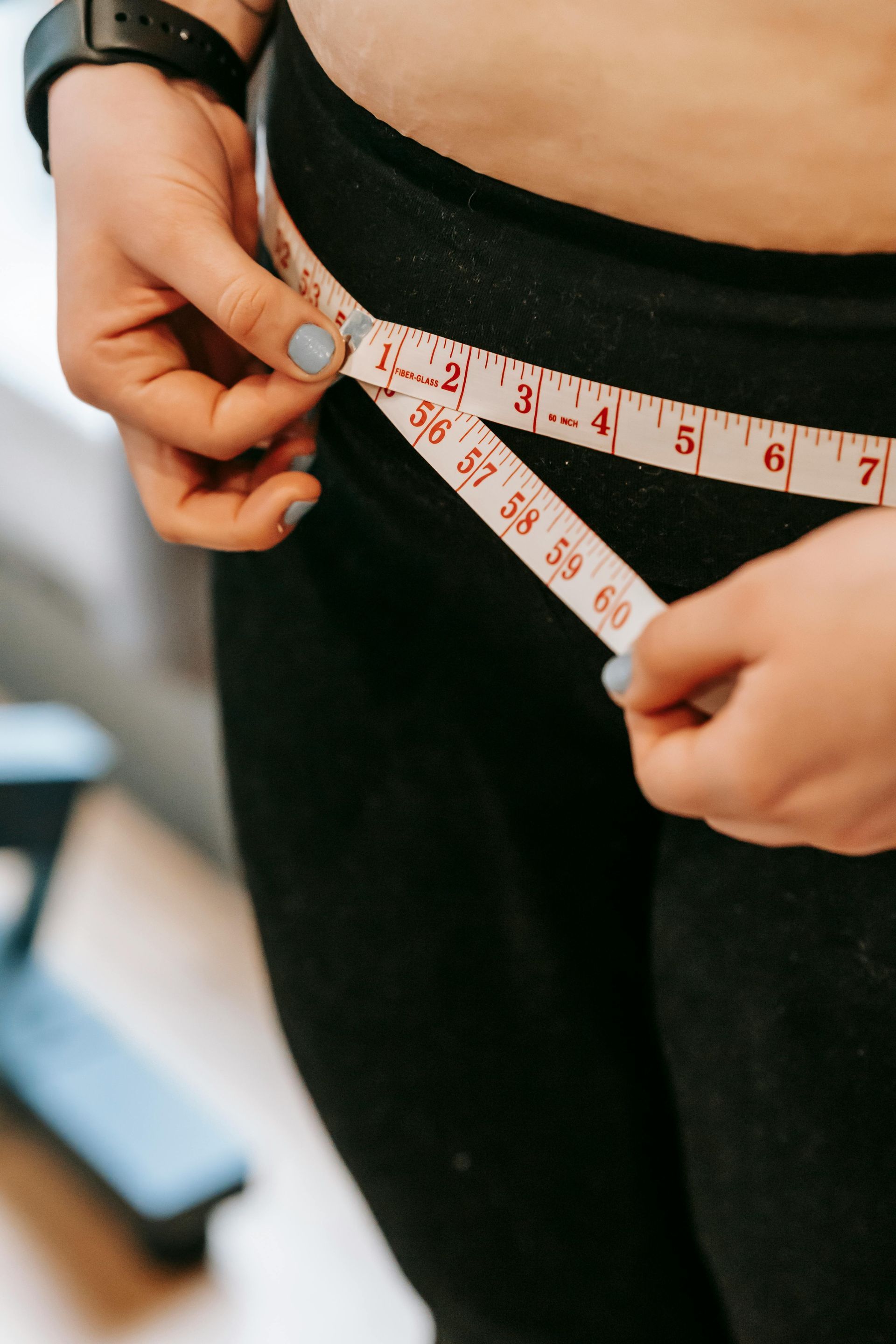Treat Gout Holistically
Prevent and Manage Gout Without Medication
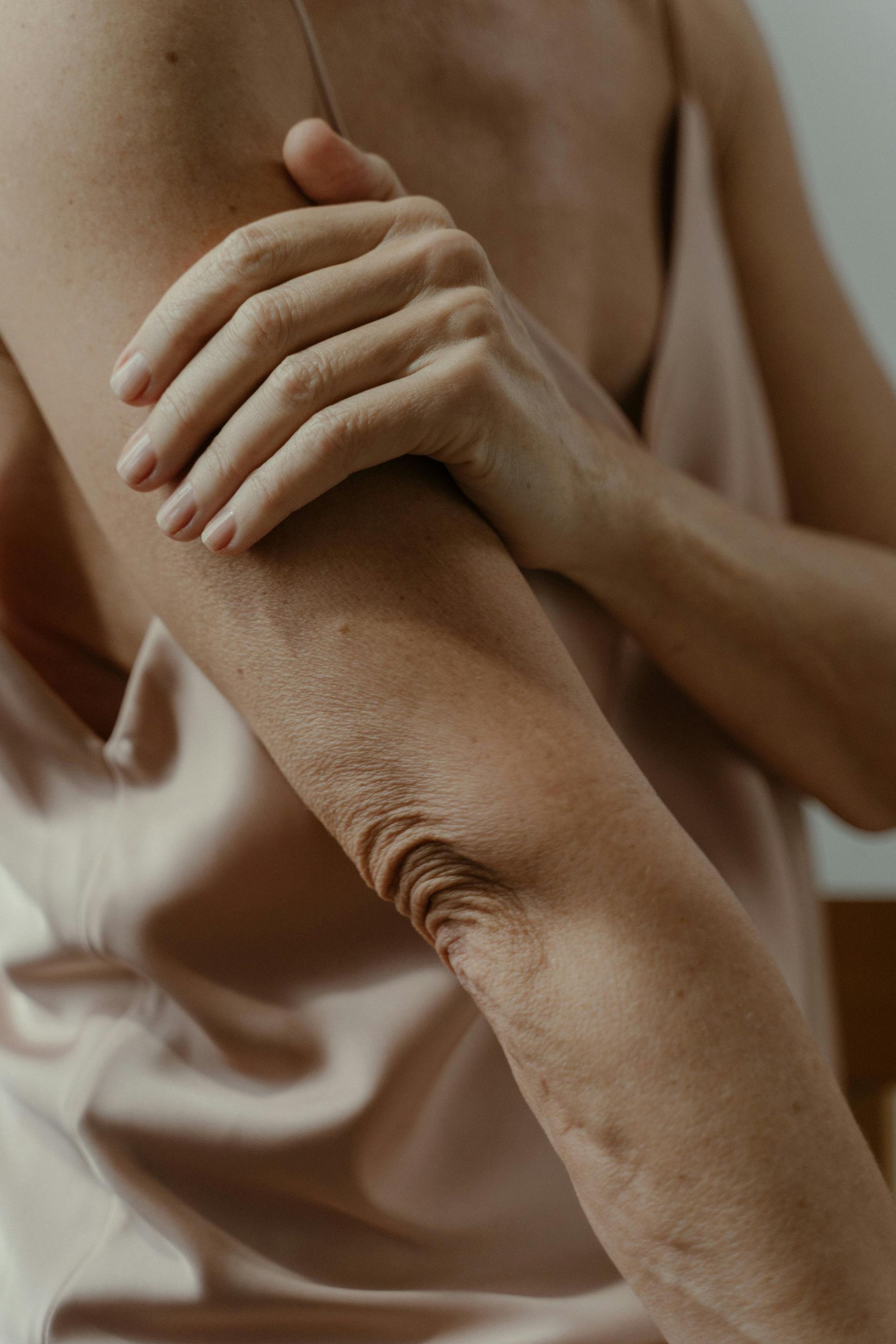
Did you know that over 9 million people in the United States suffer from gout? That amounts to about 4 out of every 100 people! But if you have a family history of gout, your risk goes up to 1 out of every 5! If you or someone you know has gout, you know the pain can be debilitating and gout “attacks” can be set off by the simplest of things, such as one beer too many, or a nice steak dinner. The typical treatments of gout include anti-inflammatory medications, such as colchicine, or uric acid lowering medication, such as allopurinol, but studies have shown that any anti-inflammatory medication can help. These include naproxen or ibuprofen.
Luckily, there are many ways to prevent and manage gout without medication. Top 3 tips include:
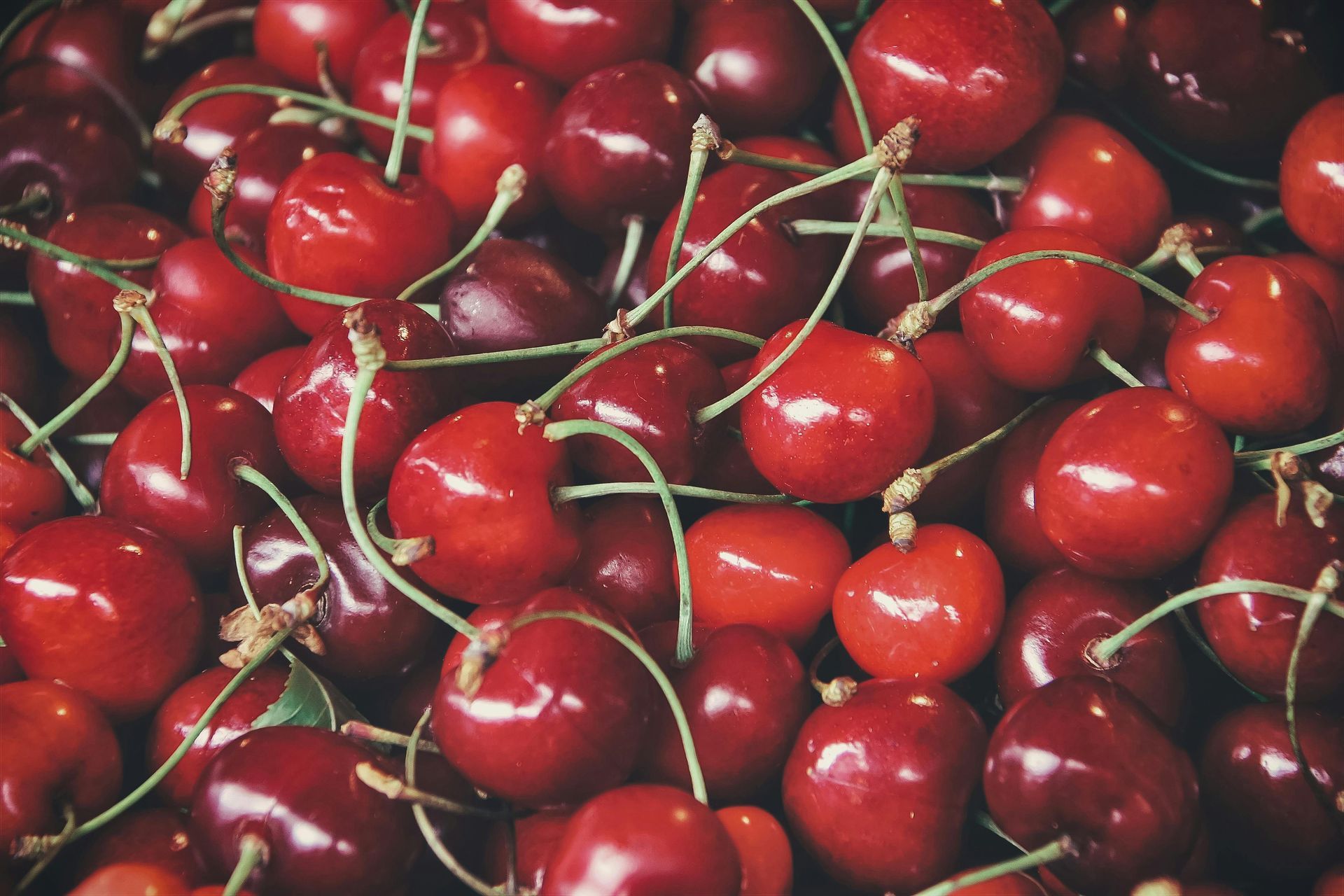
1. An ounce of prevention is worth a pound of cure
The medical community used to recommend a diet low in purines to help prevent gout attacks. Research over the years has shown that is no longer a necessary approach, although some foods which are high in purines are known to be more likely to bring about a gout attack by increasing the amount of uric acid in our blood streams.
Some simple approaches you can take to reduce the risk of gout or a gout attack include:
- Maintaining a healthy weight and lose weight if that is appropriate for you
- Drink at least 48 ounces of water daily – that means 6 medium sized glasses each day, at minimum
- Avoid red meat and organ meats, such as liver. They are very high in purines which is are converted to uric acid in the body and can result in a gout attack.
- Avoid most seafood for the same reason. If you like seafood, which has so many wonderful health benefits – stick to cold water fish, such as sardines, anchovies, and salmon in small amounts.
- Drink coffee! 2 cups per day has been shown to help reduce the risk of a gout attack. It doesn’t have to be caffeinated to work, decaf is fine, as well.
- Eat cherries! 10-20 cherries each day has been shown to reduce gout attacks by 35%-50%. The same benefit is seen by drinking cherry juice – 2-4 ounces every day should do the trick.
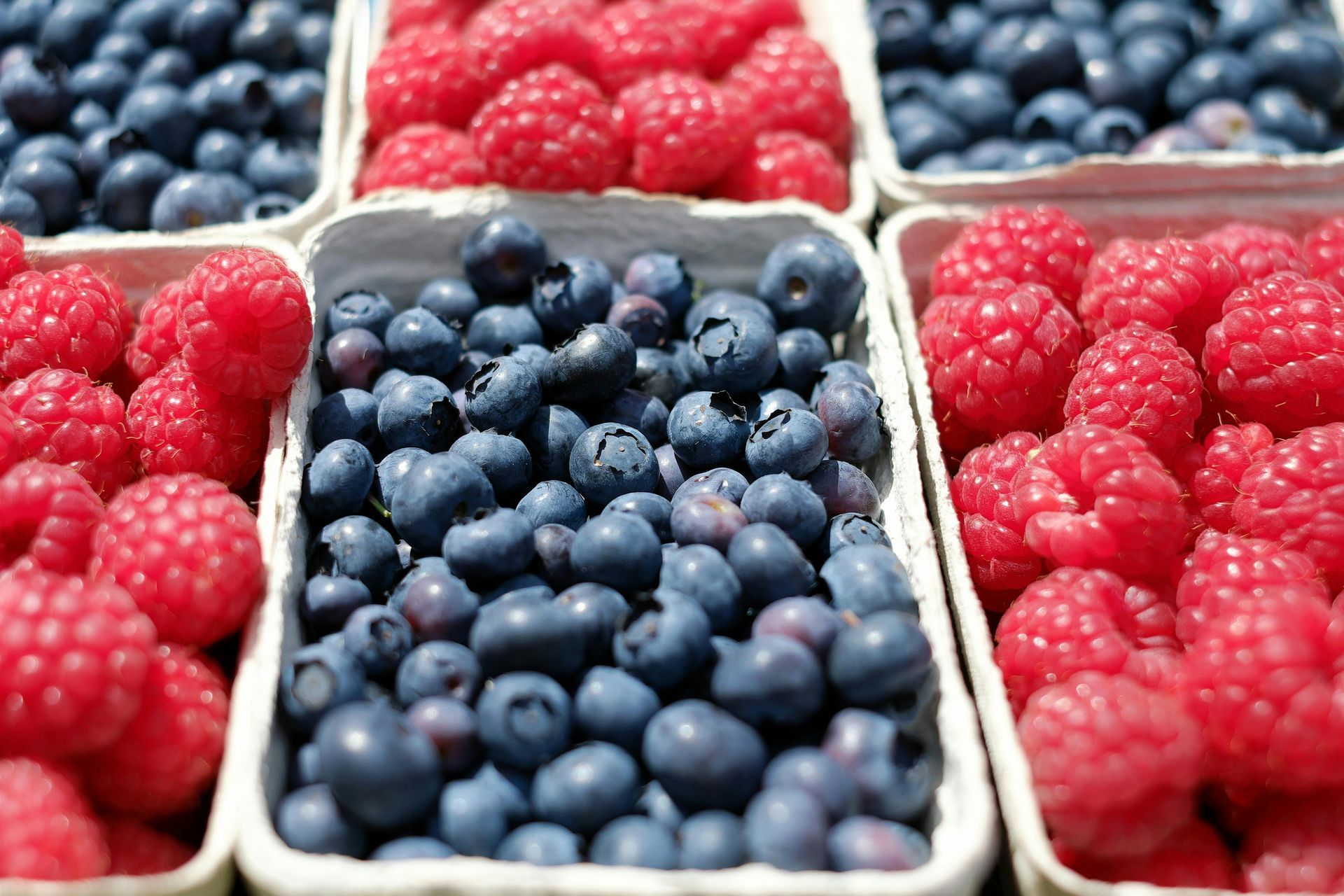
2. Nutritional Supplements
Quercetin is a flavonoid found in fruit, vegetables, herbs and wine. It has been shown to reduce inflammation and uric acid. Quercetin is generally safe, and if you want to give it a try, 500 mg twice daily would be the dose. Otherwise, increasing your intake of fruits and vegetable that are high in quercetin would be beneficial for your overall health and may help reduce the risk of gout attacks. Foods high in quercetin include cooked apples, cooked onions, broccoli, green beans, asparagus, and berries.
Bromelain is a group of enzymes found in pineapple. It is used to reduce inflammation and has been shown to reduce gout attacks as well.
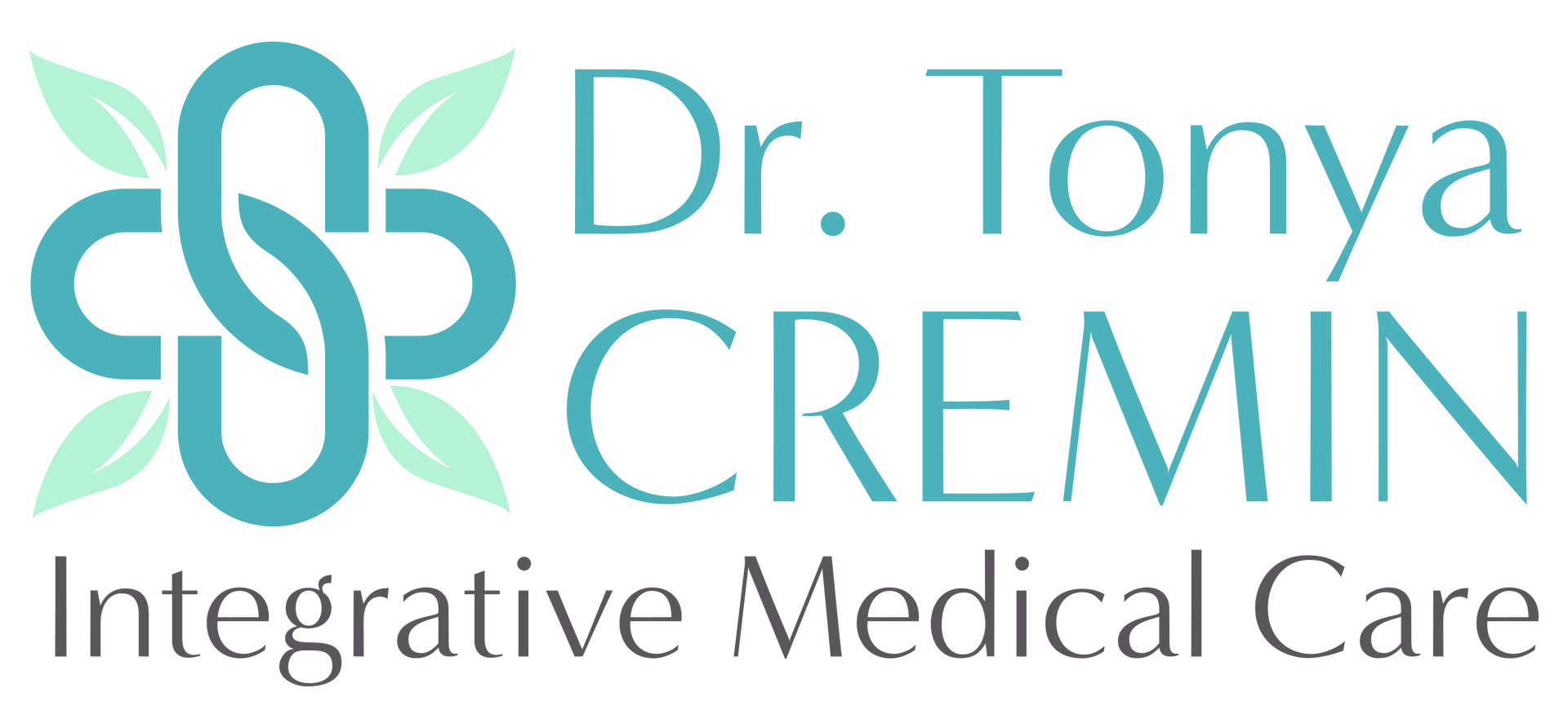
3. Osteopathic Manipulative Medicine
Osteopathic manipulative medicine, is hands-on care. With osteopathy, Dr. Cremin applies a very gentle and calming approach to subtly realign the bones, joints, muscles, and connective tissues to encourage the body’s innate healing response. Patients have described the treatments as similar to a gentle massage and generally find them relaxing. How can it help gout? OMM is known to help with overall health and well-being, improving blood flow and flow of nutrients in the body, which may help reduce flares and may help improve symptoms during a flare.
Book An Appointment





